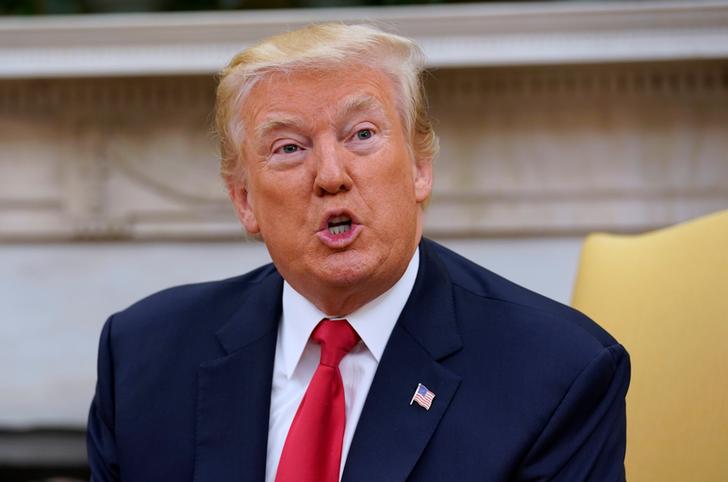It will be President Donald Trump’s turn on Monday night to address a problem that vexed his two predecessors when he details America’s strategy for the war in Afghanistan, almost 16 years after it began.
In a prime-time speech to the nation, Trump may announce a modest increase in US troops, as recommended by his senior advisers.
Trump has long been skeptical of the US approach in the region, where the Afghan war is in its 16th year. He announced a strategic review soon after taking office in January and has privately questioned whether sending more troops was wise, US officials said.
“We’re not winning,” he told advisers in a mid-July meeting, questioning whether Army General John Nicholson, the top US commander in Afghanistan, should be fired, an official said.
Trump, who on Sunday ended a two-week working vacation at his Bedminster, New Jersey, golf club, reached his decision on Afghanistan after lengthy talks with his top military and national security aides at Camp David, Maryland, on Friday.
The US leader will “provide an update on the path forward for America’s engagement in Afghanistan and South Asia” in an address to be delivered at 9 pm (0100 GMT Tuesday) from the military base at Fort Myer southwest of the capital, the White House said in a statement.
A senior administration official said the likeliest outcome was that Trump would agree to a modest increase in US troops. Current US troop numbers are about 8,400.
The United States invaded Afghanistan in October 2001 after the Sept. 11 attacks on New York and Washington, and overthrew the Taliban government. But US forces have remained bogged down there through the presidencies of George W. Bush, Barack Obama and now Trump.
“I took over a mess, and we’re going to make it a lot less messy,” Trump said when asked about Afghanistan earlier this month.
